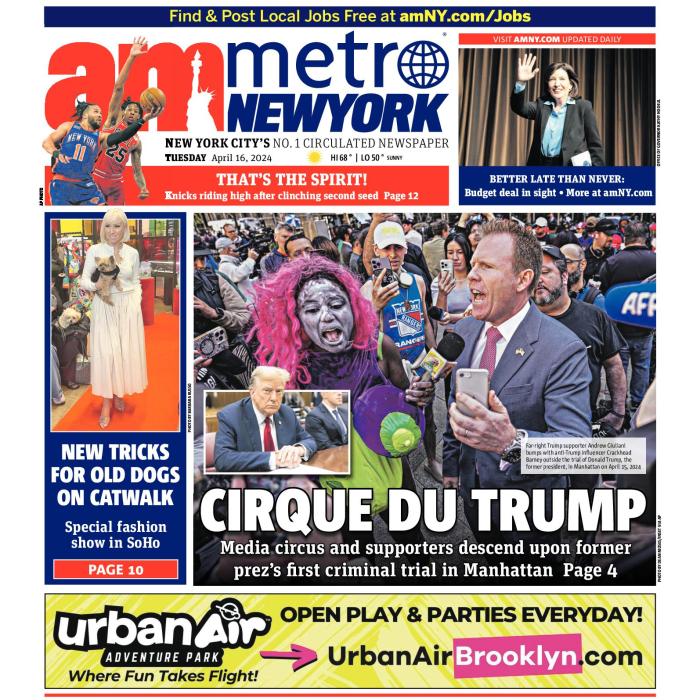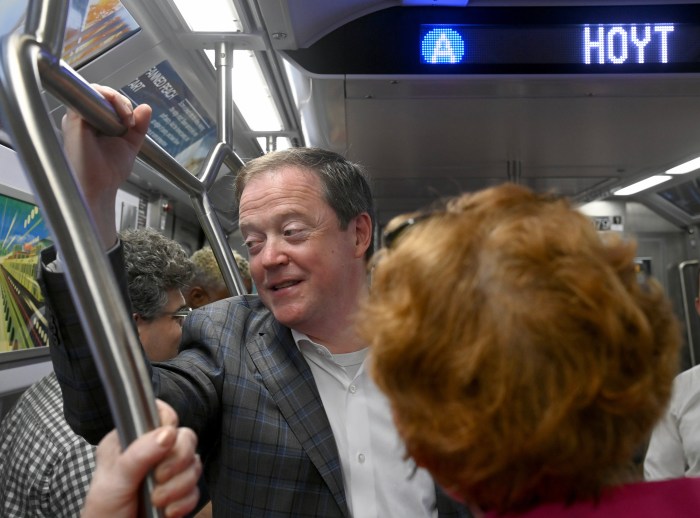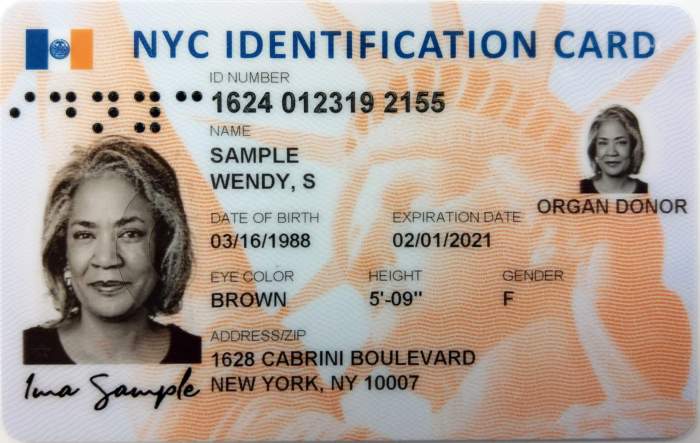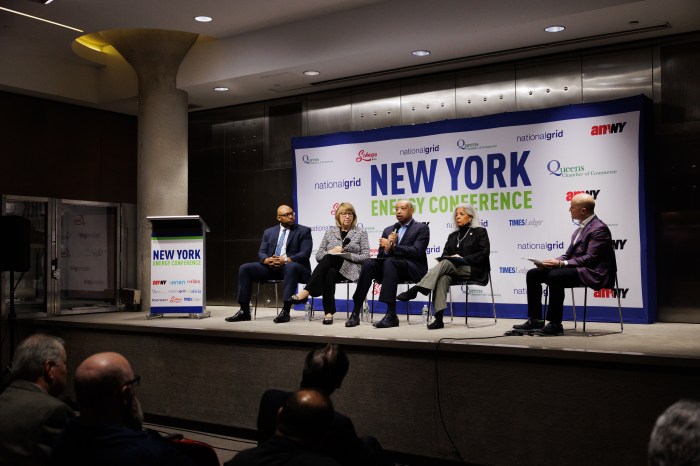Like most Democrats who are following the early stages of the 2016 presidential race, I’m excited at the emergence of the unapologetic liberal, Sen. Bernie Sanders. But I also can’t help feeling dread.
Like Mayor Bill de Blasio, Sen. Elizabeth Warren (D-Mass.) and other left-of-left leaders, Sanders is pushing the conversation on wage requirements, progressive taxes and corporate responsibility. So far, the nudging of our more moderate front-runner, Hillary Clinton (for whom I interned 15 years ago), has been substantive and productive. Her liberal economic agenda bears that out.
More important, the push against Clinton — led by Sanders on the left — has been civil. He and his compatriots come up to the line with euphemistic terms like “establishment candidate,” conjuring notions of Clinton as a member of the American elite. But Sanders has thrown no uppercuts, probably because he sees his role as a sparring partner, and a candidate of conscience, not a viable contender. But those jabs are starting to leave bruises. Sanders has shrunk Clinton’s leads to 19 and 8 points in Iowa and New Hampshire, respectively, in opinion polls. Perhaps more painfully, her approval rating among Democrats has dropped 11 points since Sanders entered the race, according to The Associated Press’ tracking poll.
Still, Clinton is in an unusually great spot for a presidential candidate this early in an election cycle. Virtually everyone in the country knows who she is, and she gets high marks from Democrats for someone who has a long record that can be easily picked apart. Barring scandal or some tectonic shift in the political landscape brought on by force majeure, Clinton will be the Democratic nominee.
Though Clinton is as inevitable as a candidate gets, she and Sanders differ on capitalism in a way that could tear the party asunder before November 2016. Although she has lamented wealth inequality and stagnant wages, she has a decidedly pro-business record for a Democrat. He calls himself a socialist, arguing the wealthy should be paying much more to the Treasury.
But how vulnerable will that divide make Clinton when she takes the convention podium to accept the nomination? How far will liberals go to push her to the left? What happens if Sanders sees he’s within spitting distance of Clinton in Iowa and New Hampshire, ego and ambition grab hold of his frontal lobe, and he launches a full-on assault?
The biggest threat to Clinton losing her presidential bid isn’t Republicans; it’s Democrats.
Democrats have an electoral advantage if they stay united and beat a path to the polls. But if polite prodding from the left in the primary turns to angry rhetoric, suddenly liberal ambivalence toward Clinton could shift to distaste or, just as bad, apathy. A liberal county here and another there with just enough of those alienated voters, and a state goes red. Then the White House does, too.
None of this is to say Sanders, de Blasio and other liberals shouldn’t keep the pressure on Clinton. A good family fight during the primary is what political parties need before the general election. It helps us find our sturdiest platforms and our most persuasive arguments.
But it is fallacy to believe that attacks, instead of debates, can do anything but undermine the chances of a party and its nominee. It would also be a mistake to push Clinton too far to the left with no way back. While Democrats have become more liberal, and Americans are more progressive generally on social issues, the country as a whole is still economically conservative.
If Clinton or another moderate Democratic nominee loses votes from the center, they’ll have to make them up from the far left — and “fringe” voters are notoriously uncompromising and dicey for mainstream candidates to rely on.
Democrats’ worst enemy in 2016 may be themselves. I hope not. In the meantime, my message to Sanders and de Blasio is the same one boxers get before every match: Have a good fight. Keep it clean.

















